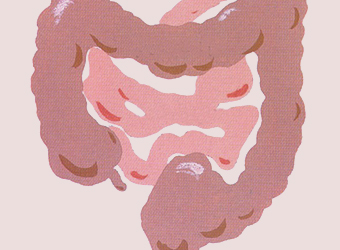It’s easy to take it for granted, but your gut is the one part of the body that engages most intimately with the external environment. It is the portal to the body, processing an enormous variety of food and absorbing nutrients, in addition it is also exposed to a myriad of infectious agents and toxic substances.
The gut is not just a sophisticated food processor; it informs us about the nature of our food and protects us against it. Thus the gut contains the largest component of the body’s immune system, it has its own brain, which contains 500 million nerve cells, and it also includes trillions of bacteria (more than the number of cells in the rest of the body), that play a vital role in providing essential nutrients, tuning the immune system and even altering the function of the brain and other distant parts of the body.
Understanding how it works and tuning in to our gut feelings and gut reactions is crucial to the health of the whole body.
What affects the gut?
Because the gut is so sophisticated and interconnected, so many factors can affect it and wrench it out of kilter. Stress, what we eat, illness, exercise, medications, even getting older can affect the gut and lead to abdominal pain, bloating, nausea and vomiting, indigestion constipation, diarrhoea and flatulence (wind).
How can you help your gut?
So take care of your gut, regulate what you eat, lead a balanced life, break up your day with time for relaxation, allow enough time to eat properly, make sure you get enough sleep, allow time to go to the loo. Don’t allow yourself to be a victim to your gut, take control. If you can take care of your gut, then the rest of your body will be fit and well too. In our Getting Gut Healthy section we discuss food, exercise and lifestyle choices and how taking small steps can make a big difference.



